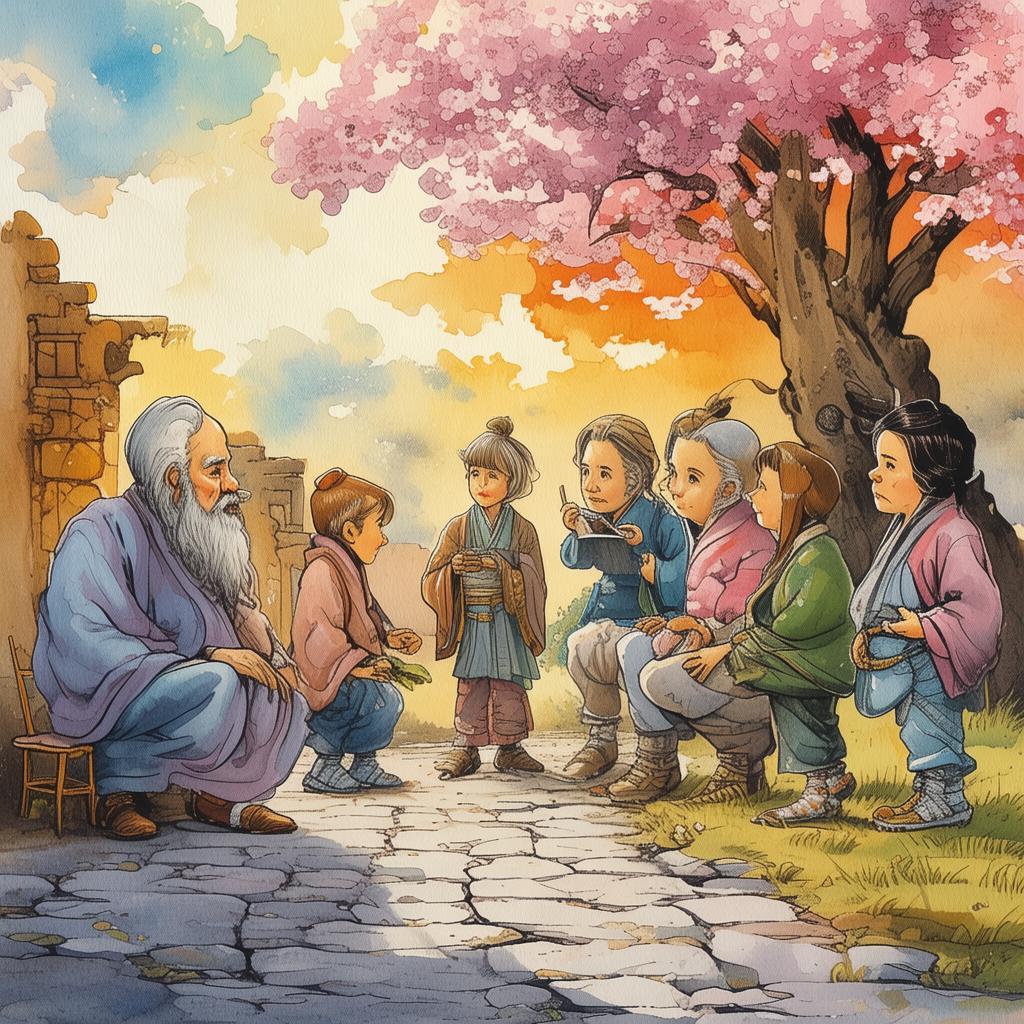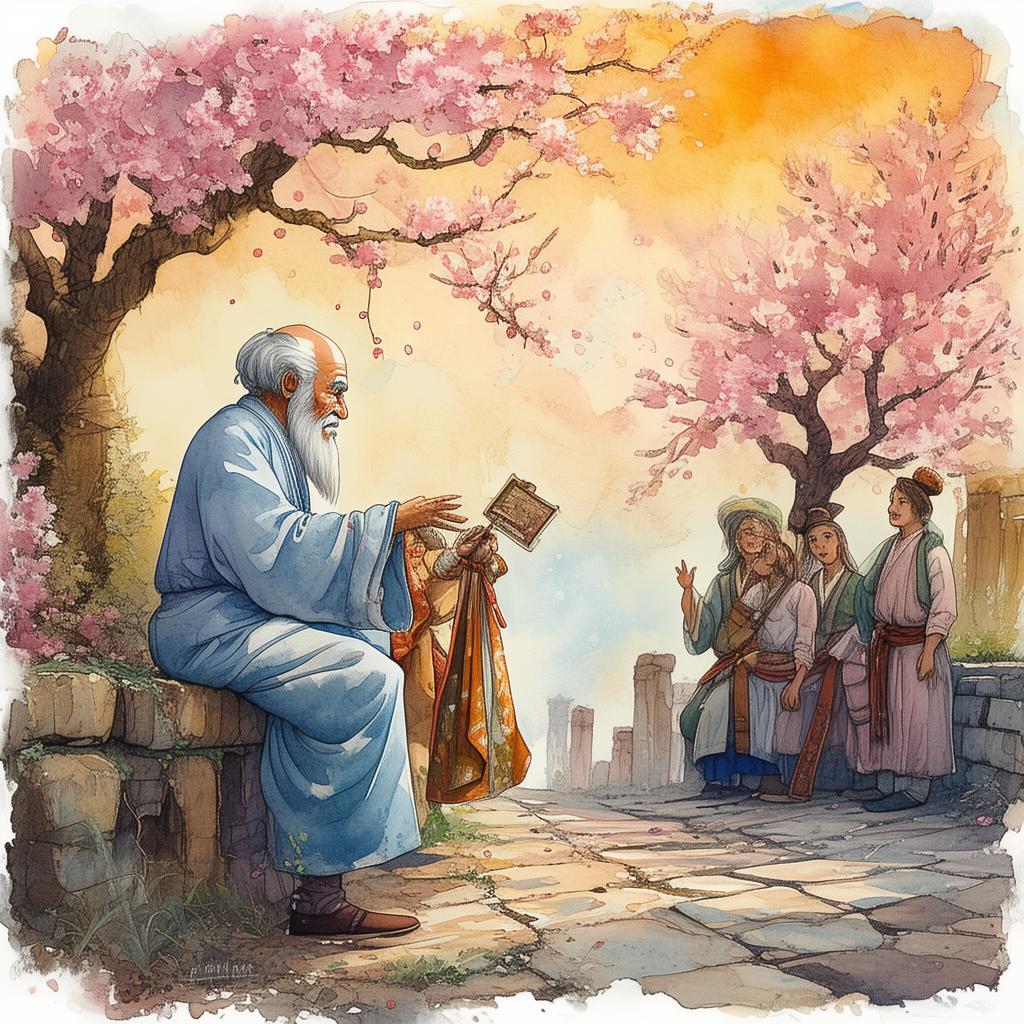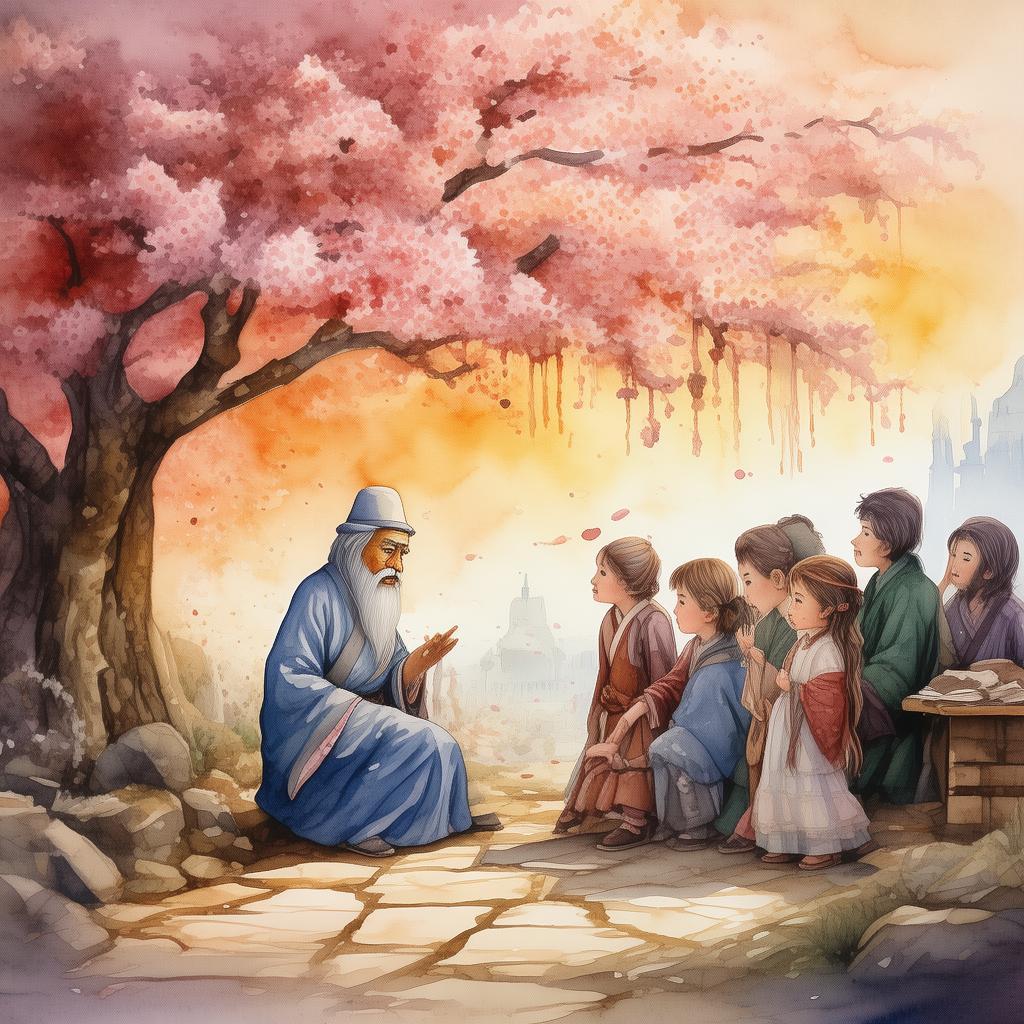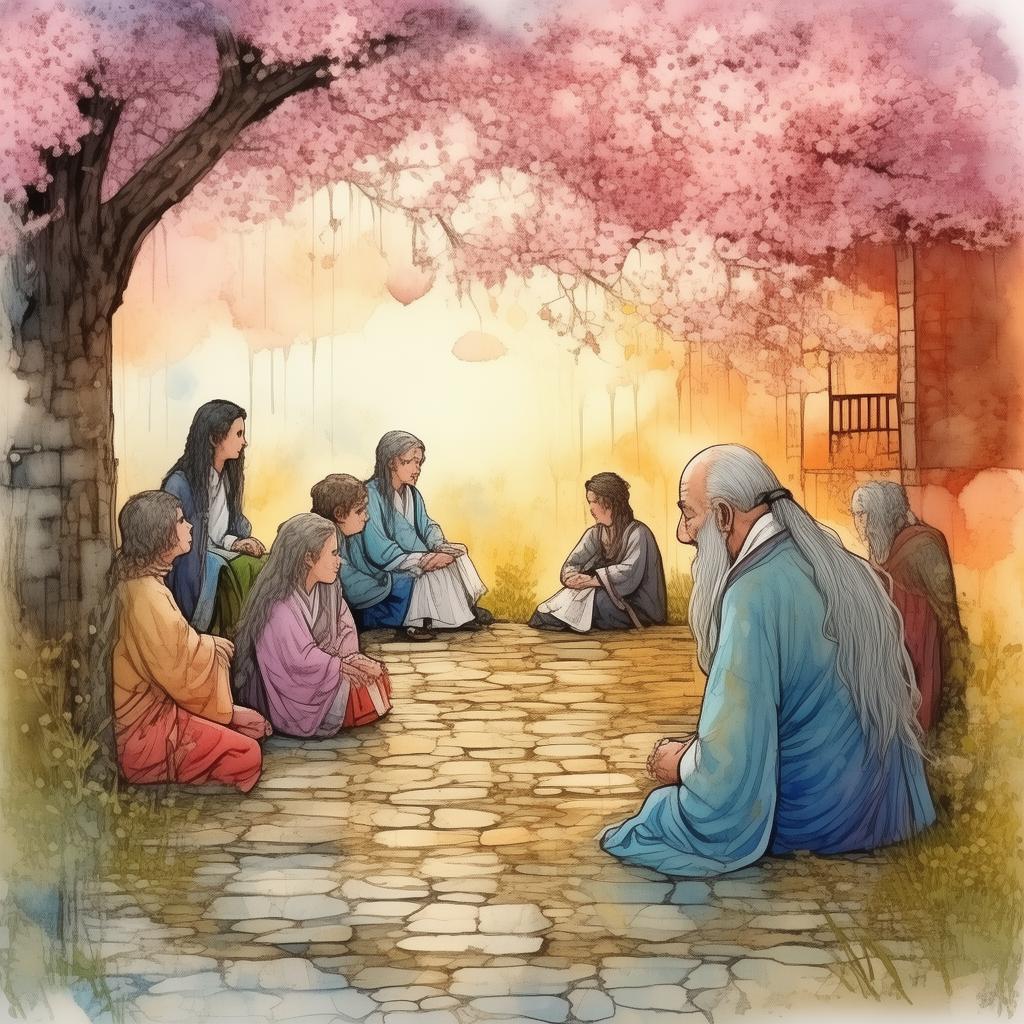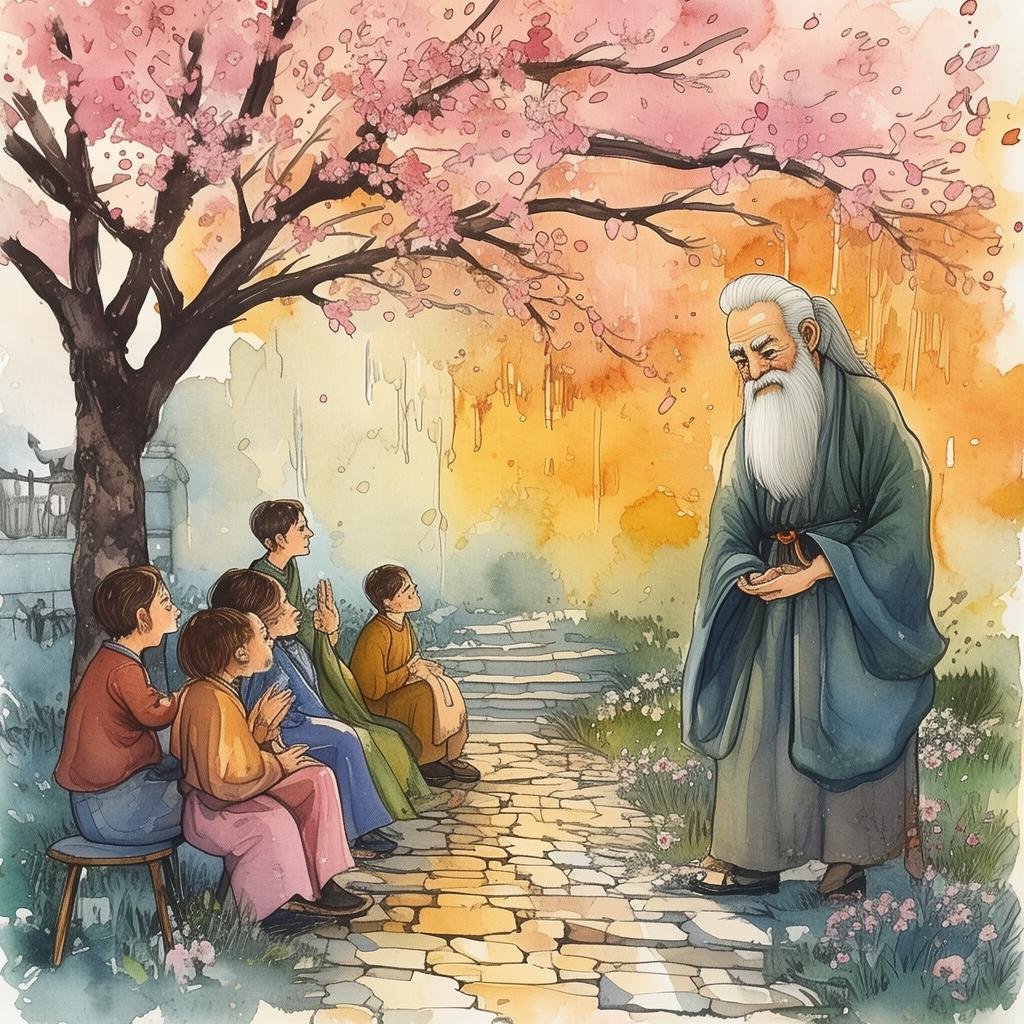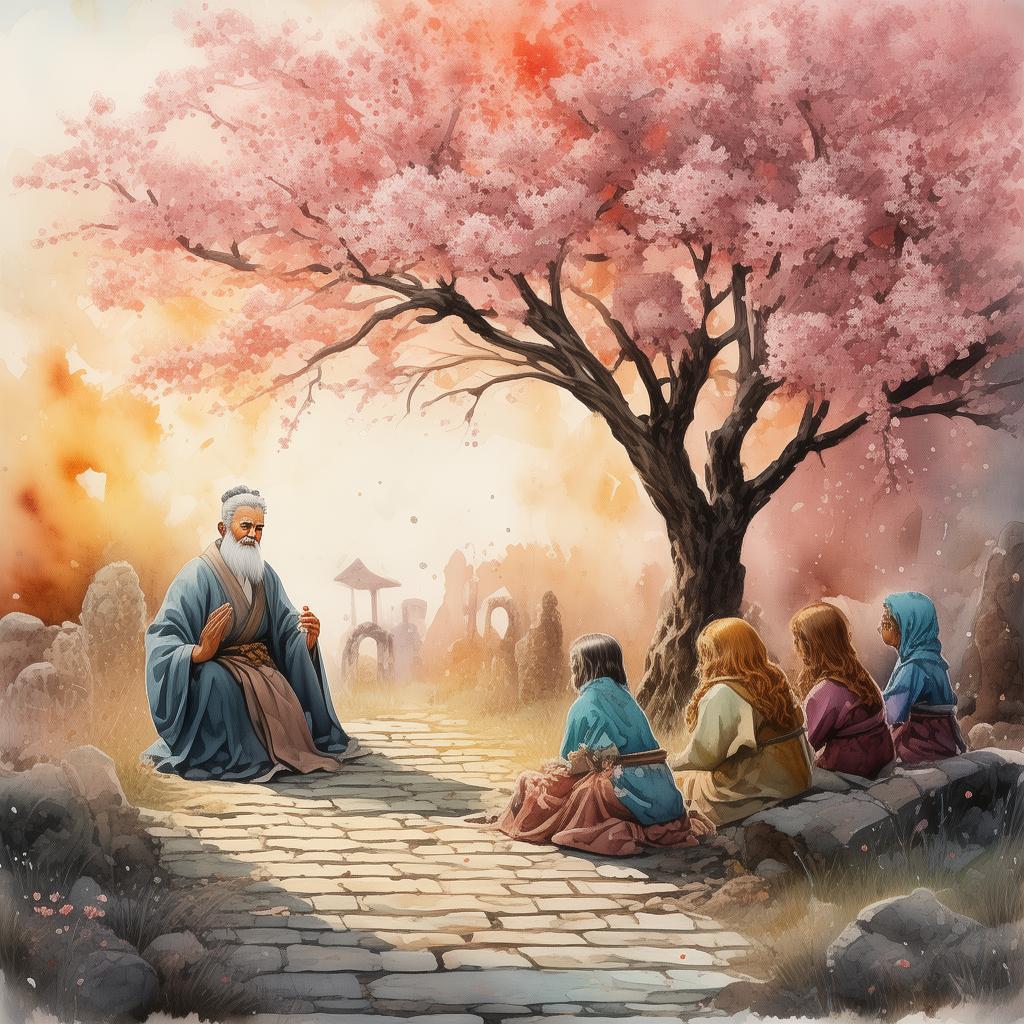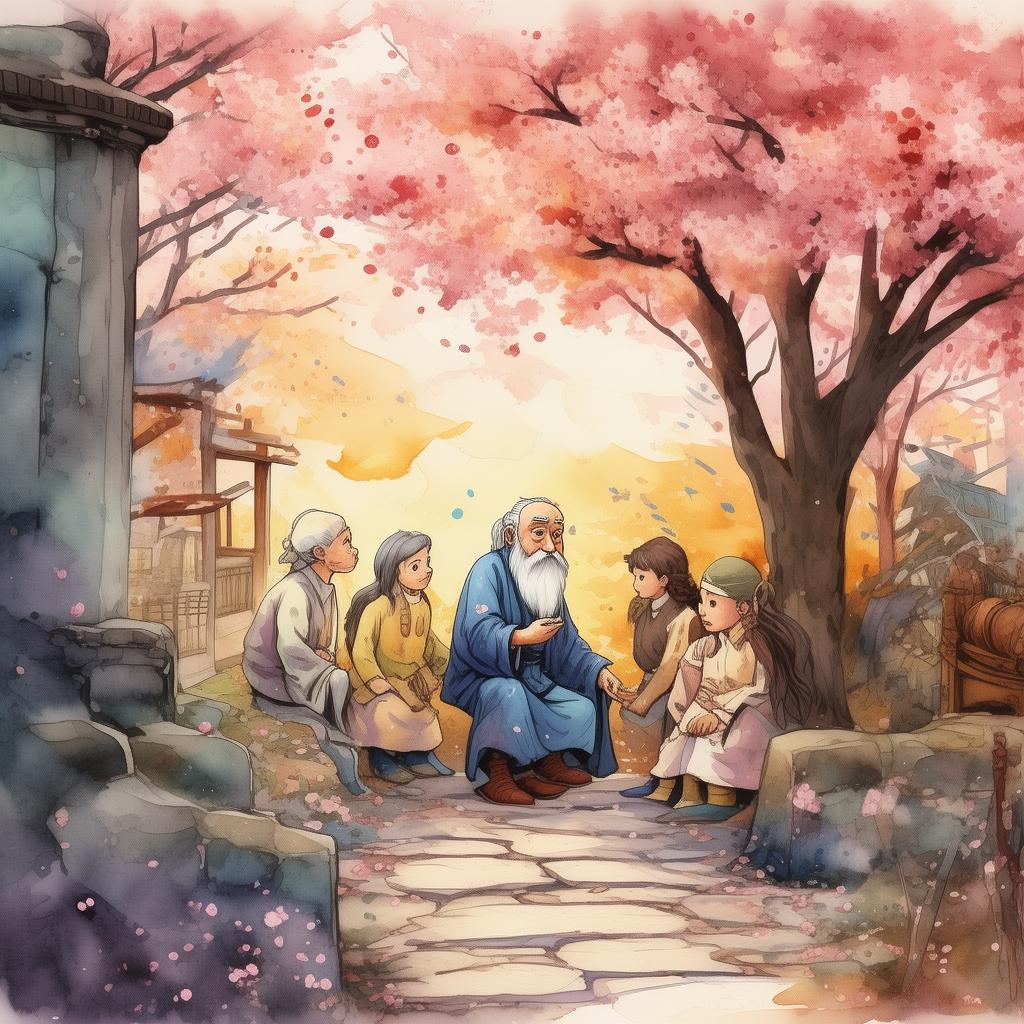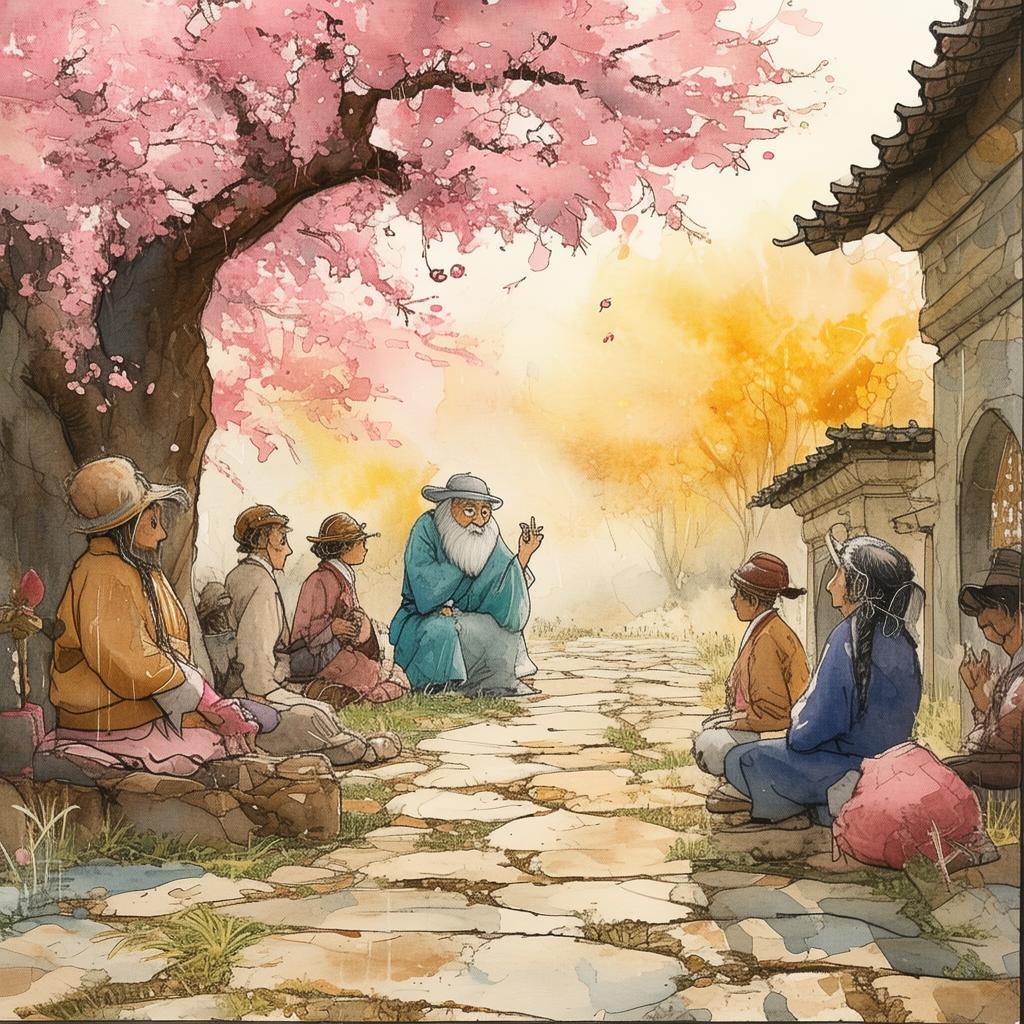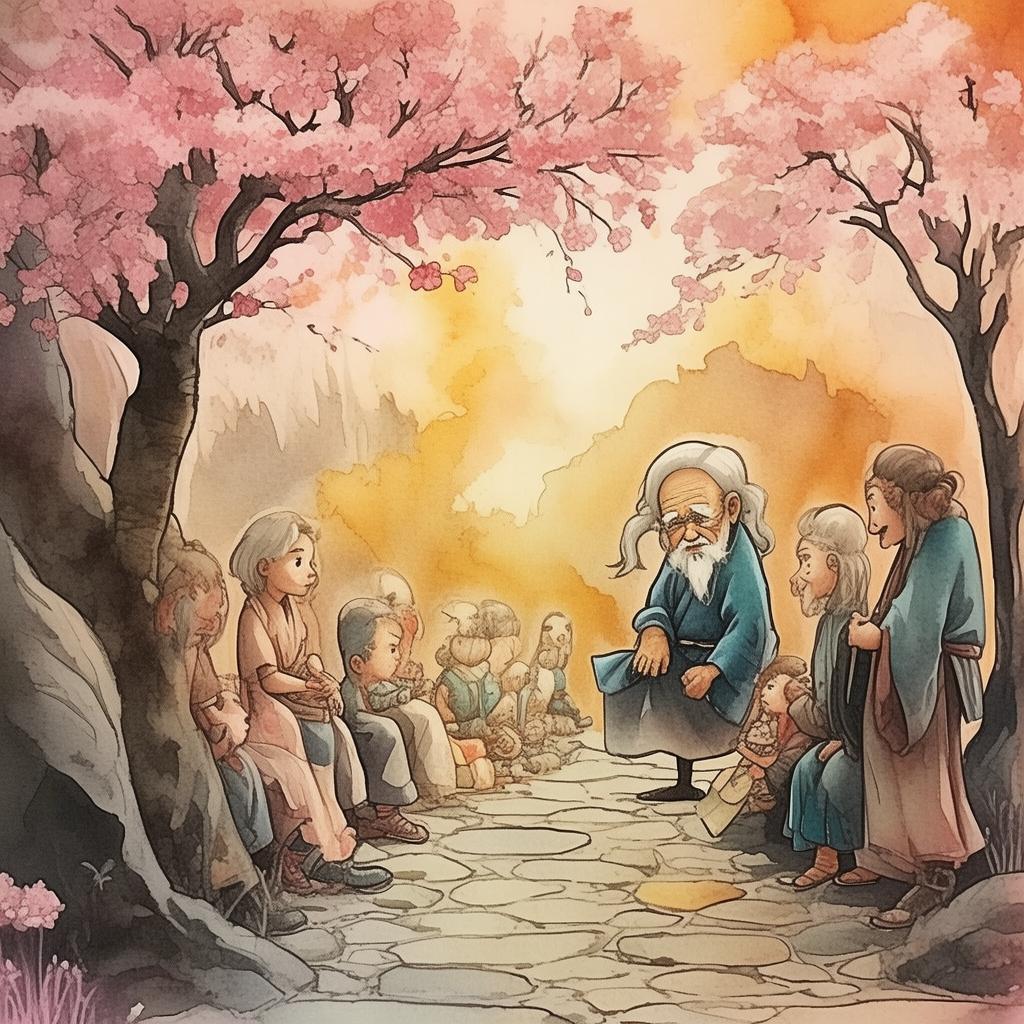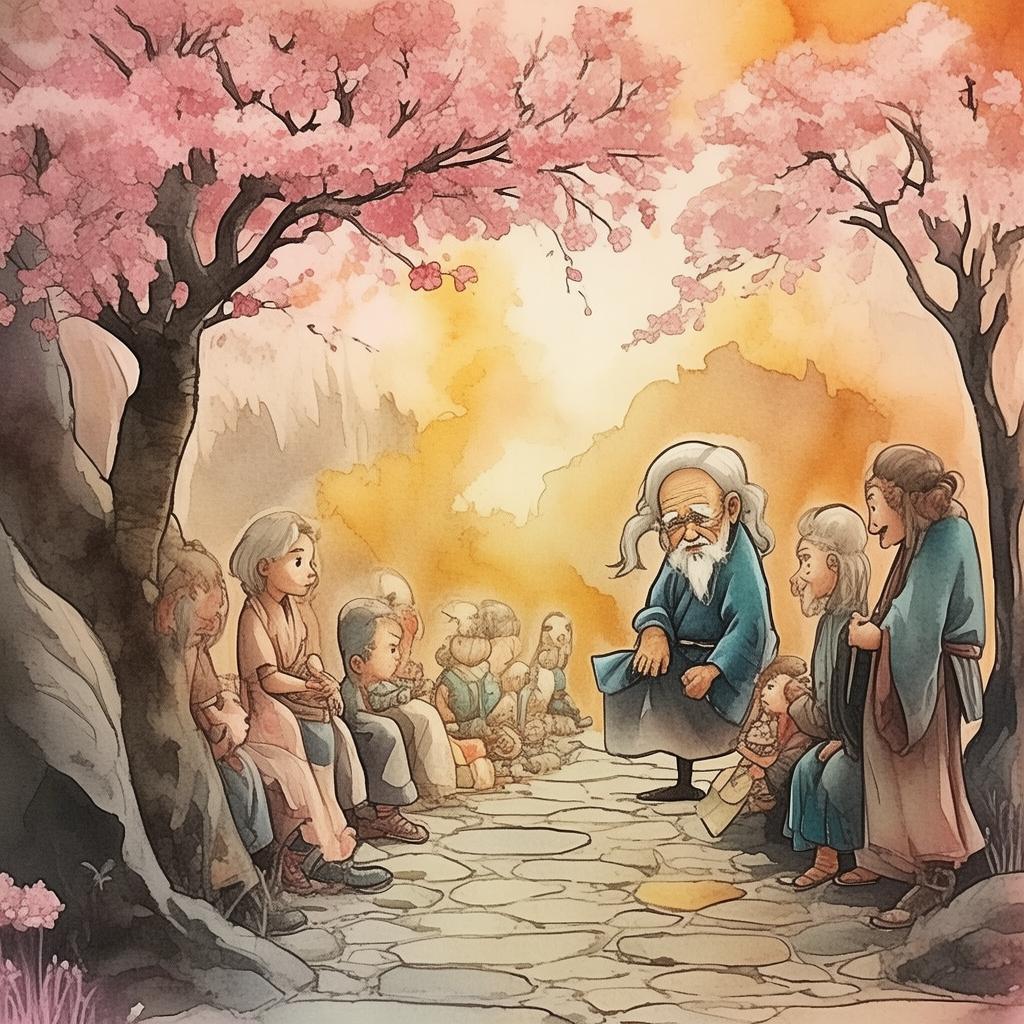Heart of Iron, Soul of Stone: The Betrayal of Loyalty
In the heart of Revolutionary America, where the whispers of liberty danced in the wind and the soil was stained with the blood of revolutionaries, there stood a man of iron and stone, his name, Thomas Harrow. A loyalist by birth, his heart was as steadfast as the stones upon which he stood. Yet, beneath that unyielding exterior, a softness lay, a secret yearning for something beyond the clasp of his rigid ideology.
The year was 1776, and the American colonies were teetering on the brink of a new nation. In the midst of the chaos, Thomas served as a colonel in the British army, his duty to maintain order and quell the flames of rebellion. Yet, in the eyes of many, Thomas was a traitor to his own people, a man of stone, cold and unfeeling.
But Thomas was no stranger to the human heart. He had known love, and it had left its mark upon him. His wife, Isabella, was a true American, her heart brimming with the fiery spirit of her country. They had loved deeply, but their union was forbidden by the laws of their time. Despite this, they found solace in each other, a secret love that could never be acknowledged.
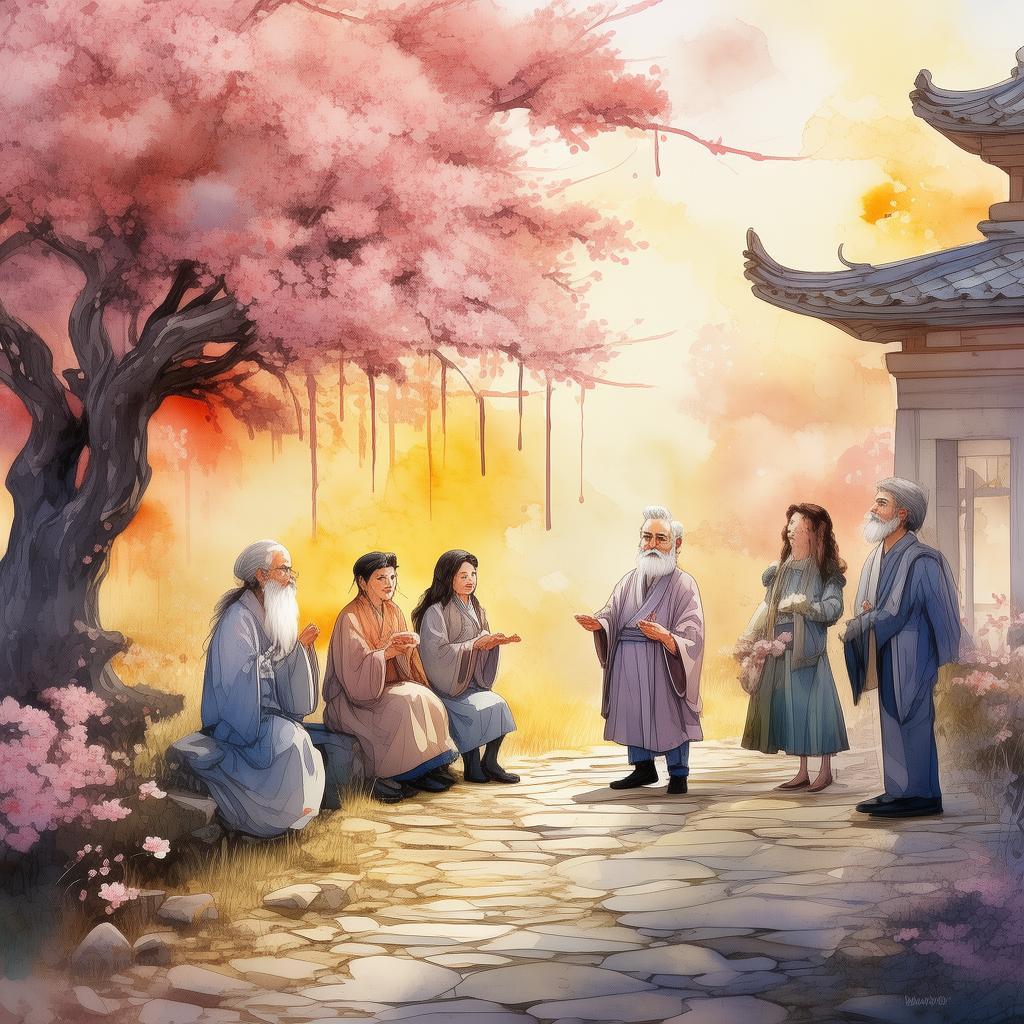
As the war raged on, Thomas's loyalties were tested. He watched his men die, fought in battles that claimed the lives of those he had sworn to protect. The more he saw, the more he questioned the cause he had once fought so fiercely for. The revolutionaries were not just enemies, but human beings, like him, fighting for their freedom and their lives.
It was during one of these battles that Thomas's path crossed with a young soldier, a man named Nathan. Nathan's eyes held the fire of the revolution, and he saw in Thomas something that few could—compassion. The two men formed an unlikely bond, their conversations filled with the contradictions of their times.
Nathan, seeing the internal struggle within Thomas, decided to test the colonel's loyalties. One night, as they sat by a campfire, Nathan revealed his plan to desert the British army and join the revolutionaries. He challenged Thomas to choose between his king and his country, between his duty and his heart.
Thomas's decision was not one that came easily. He had sworn an oath to the British crown, and to break it would be to become a traitor. Yet, the thought of fighting for the very people he had once vowed to suppress was intoxicating. The thought of Isabella, who had always believed in the cause of the revolution, filled him with a sense of duty he had never felt before.
That night, Thomas made his choice. He would desert the British army and fight for the American cause. But this decision came at a great cost. He knew that desertion was a crime punishable by death, and he risked everything for a chance at redemption.
As the revolution gained momentum, Thomas found himself in the ranks of the Continental Army, fighting alongside men who had once been his enemies. His loyalties were torn, but his heart had found a new purpose. He fought with the ferocity of a man who had tasted the bitter taste of betrayal and sought to make amends.
One fateful night, Thomas's path crossed with Isabella. She had been living in hiding, her life in constant danger as a loyalist's wife. Seeing him, she knew instantly that he had changed. They spoke of their love, of the past, and of the future. But the shadows of their past loomed large, and Thomas's secret remained unspoken.
The revolution reached its climax at Yorktown, and Thomas found himself in the thick of the battle. As he fought, he realized that his true battle was not against the British army, but against the chains of his own past. He fought with the fury of a man who had finally found his place in the world.
The battle ended, and the British surrender was signed. Thomas had won his redemption, but at what cost? Isabella, who had stood by him through it all, was nowhere to be found. In the aftermath of the victory, Thomas searched for her, but she had vanished without a trace.
Heartbroken, Thomas sought solace in the only place he could—the battlefield. He had found his place among the revolutionaries, but his heart remained a secret, a stone that had softened only for Isabella. The revolution had changed him, but the love he held for her was as steadfast as the stones upon which he once stood.
In the quiet of the night, Thomas sat by a campfire, his eyes reflecting the flickering flames. He knew that his life was a testament to the power of loyalty, to the unyielding spirit of the human heart. And though he had not found Isabella, he had found his own path, forged from the iron of his duty and the stone of his devotion.
The revolution had tested Thomas Harrow, and he had emerged a man of both iron and stone, a loyalist no more, but a man who had fought for the greater good. And though the path ahead was uncertain, he walked it with the steadfastness of a man who had found his true purpose in the fiery crucible of revolution.
✨ Original Statement ✨
All articles published on this website (including but not limited to text, images, videos, and other content) are original or authorized for reposting and are protected by relevant laws. Without the explicit written permission of this website, no individual or organization may copy, modify, repost, or use the content for commercial purposes.
If you need to quote or cooperate, please contact this site for authorization. We reserve the right to pursue legal responsibility for any unauthorized use.
Hereby declared.
